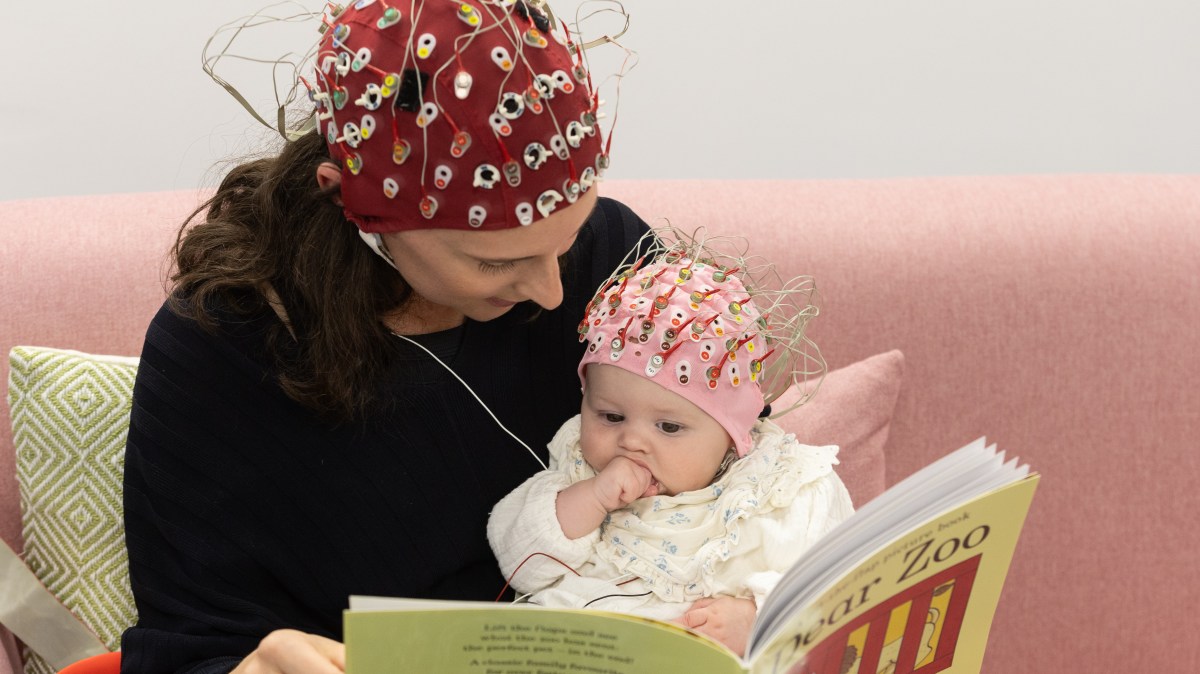Reading bedtime stories to young children can significantly enhance emotional and cognitive connections between parents and their offspring. New research from the University of Cambridge reveals that when parents read aloud, their neural patterns begin to synchronize with those of their children, creating a unique bonding experience that technology cannot replicate.
This study highlights the profound impact of shared reading on brain development. As children engage with stories, their brains respond in ways that mirror the emotional and cognitive engagement of their parents. The findings, published in 2023, indicate that this synchronization fosters a deeper emotional connection, promoting not only literacy but also social and emotional skills.
Understanding Neural Synchronization
Researchers have observed that during shared reading, both parent and child exhibit similar brain activity, particularly in areas associated with language processing and emotional responses. This phenomenon, known as neural synchronization, occurs as parents intonate their voices and express emotions through their reading. As a result, children become more engaged and responsive, enhancing their learning experience.
According to the lead researcher, Dr. Sarah Jones, “The act of reading together is more than just sharing a story; it’s about aligning emotional states and cognitive processes. This alignment prepares children for better communication and empathy as they grow.” This insight underscores the importance of human interaction in the digital age, especially as screens increasingly dominate children’s leisure time.
The Limitations of Screen Time
In contrast to the benefits of reading together, screens can offer a different kind of engagement, often lacking the personal touch that comes with a parent’s voice. While educational apps and programs can provide information, they do not foster the same level of emotional connection or cognitive development. The researchers assert that the traditional practice of reading bedtime stories remains unmatched, providing a foundation for child development that screens cannot replace.
Parents are encouraged to prioritize reading time, emphasizing its significance in building relationships and supporting various aspects of development. The study advocates for setting aside dedicated time for reading, highlighting that even a few minutes each night can make a substantial difference.
As families navigate a world increasingly filled with technology, the findings from the University of Cambridge serve as a reminder of the enduring value of simple, shared experiences. The power of storytelling lies not only in the narratives presented but also in the connections forged through shared emotional and cognitive engagement.
In a rapidly changing world, the tradition of bedtime stories remains a vital practice for nurturing children’s growth and strengthening familial bonds.







